Choosing the right partner for chemical supply is a decision that can directly impact safety, compliance, and profitability. Businesses that depend on chemical materials need to evaluate providers carefully before entering into agreements.
When evaluating chemical companies near me, certifications play a central role. They demonstrate that providers meet industry standards, follow regulations, and can reliably deliver products without compromising quality or safety.
Why Certifications Matter in Chemical Supply
Certifications are more than formal documents. They provide assurance that a provider has undergone independent audits and adheres to recognized best practices. In industries where safety and precision are critical, these credentials protect both the buyer and end users.
Certifications also show a commitment to continuous improvement. Providers that invest in maintaining updated certifications demonstrate a long-term dedication to compliance, sustainability, and customer trust.
Core Certifications to Look For
ISO 9001: Quality Management
This certification signals that a provider follows structured quality management systems. It ensures consistency, customer satisfaction, and efficient processes across all operations. Companies with ISO 9001 are more likely to deliver reliable products with fewer defects.
ISO 14001: Environmental Management
Environmental responsibility is a growing priority. Providers with ISO 14001 show they have frameworks in place to reduce waste, manage resources responsibly, and minimize environmental impact. For clients, this means aligning with sustainable practices.
ISO 45001: Occupational Health and Safety
Safety in chemical handling is non-negotiable. This certification ensures that a company protects its workers by managing risks and maintaining high safety standards. It reduces the chances of accidents and demonstrates care for both employees and clients.
Good Manufacturing Practices (GMP)
GMP standards guarantee that products are consistently produced and controlled according to quality guidelines. This is essential in industries such as pharmaceuticals and food, where consumer safety depends on consistent production practices.
Responsible Care Certification
This voluntary initiative, adopted by many chemical producers, highlights a provider’s commitment to health, safety, and environmental performance. It shows accountability beyond mandatory regulations, building stronger customer confidence.
Additional Industry-Specific Certifications
REACH Compliance
Applicable in the European Union, REACH requires companies to identify and manage risks linked to chemicals. Providers with REACH compliance demonstrate that they meet some of the strictest safety standards worldwide.
FDA Registrations
For providers serving pharmaceutical or food-related sectors, FDA registrations are crucial. They confirm compliance with American regulatory requirements, safeguarding public health and supporting product credibility.
Hazardous Materials Transportation Certifications
Chemicals must be transported safely. Providers with transportation certifications show that they meet regulations for labeling, handling, and shipping hazardous goods, reducing liability for clients.
Benefits of Choosing Certified Providers
-
Risk Reduction
Certified companies operate within strict guidelines, reducing risks of contamination, defects, or regulatory violations. This minimizes costly recalls or penalties for clients. -
Consistency in Supply
Certifications confirm that providers use standardized processes. Consistency ensures that clients receive products of the same quality across multiple orders, supporting stable production. -
Regulatory Compliance
Working with certified providers ensures alignment with national and international regulations. This prevents disruptions and protects businesses during audits or inspections. -
Enhanced Reputation
Partnering with certified suppliers enhances a client’s own reputation. Demonstrating commitment to safety and quality reassures end customers and stakeholders.
Red Flags When Evaluating Providers
Lack of Transparency
If a provider hesitates to share certification details or audit results, this is a warning sign. Transparency is essential in regulated industries.
Outdated Certifications
Certifications must be renewed periodically. Outdated credentials indicate poor management or lack of commitment to compliance.
Limited Documentation
Certifications should be supported by proper documentation. Providers that cannot present these documents on request may not meet the required standards.
Inconsistent Practices
Even with certifications, inconsistencies in production or handling can be a problem. Visiting facilities or conducting audits helps confirm reliability.
How to Verify Certifications
Request Copies of Certificates
Reputable providers should be willing to share certificates readily. Clients should verify authenticity through issuing bodies.
Conduct Independent Audits
Third-party audits provide unbiased evaluations of a provider’s compliance. This step ensures the certifications reflect actual practices.
Check Renewal Dates
Always confirm that certifications are current. Providers should have processes in place to update and renew certifications on time.
Compare Across Providers
Evaluating multiple providers side by side helps identify which companies maintain stronger commitments to safety, quality, and sustainability.
Practical Steps for Businesses Selecting a Provider
-
Identify Industry Needs
Each industry has unique certification requirements. Defining these needs ensures the evaluation process is targeted and effective. -
Shortlist Based on Compliance
Narrowing down options based on certifications saves time and ensures focus remains on qualified providers. -
Engage in Site Visits
Visiting facilities gives first-hand insight into safety measures, equipment quality, and operational standards. It confirms whether certifications align with daily practices. -
Establish Long-Term Relationships
Building trust with certified providers leads to stronger collaboration. Long-term relationships foster stability, better communication, and mutual growth.
Future Trends in Certification and Chemical Supply
Increased Focus on Sustainability
Expect certifications to increasingly highlight eco-friendly practices, as customers and regulators prioritize green operations.
Digital Verification
Blockchain and digital systems are being explored to verify certification authenticity and trace compliance across supply chains.
Global Harmonization
More industries are pushing for international standards that streamline compliance across borders, making global partnerships smoother.
Continuous Auditing
Instead of periodic checks, continuous auditing through digital monitoring may become the new norm, providing real-time assurance of compliance.
Conclusion
Certifications are the backbone of trust when selecting chemical providers. They safeguard quality, reduce risk, and align businesses with global standards. Companies that overlook certification checks expose themselves to unnecessary dangers.
For businesses seeking long-term stability, ensuring provider credibility is essential. This becomes even more relevant when considering specialized services likeh cemical blending, which demand precision, compliance, and consistency. By prioritizing certifications, businesses can form partnerships that protect safety, reputation, and growth.

